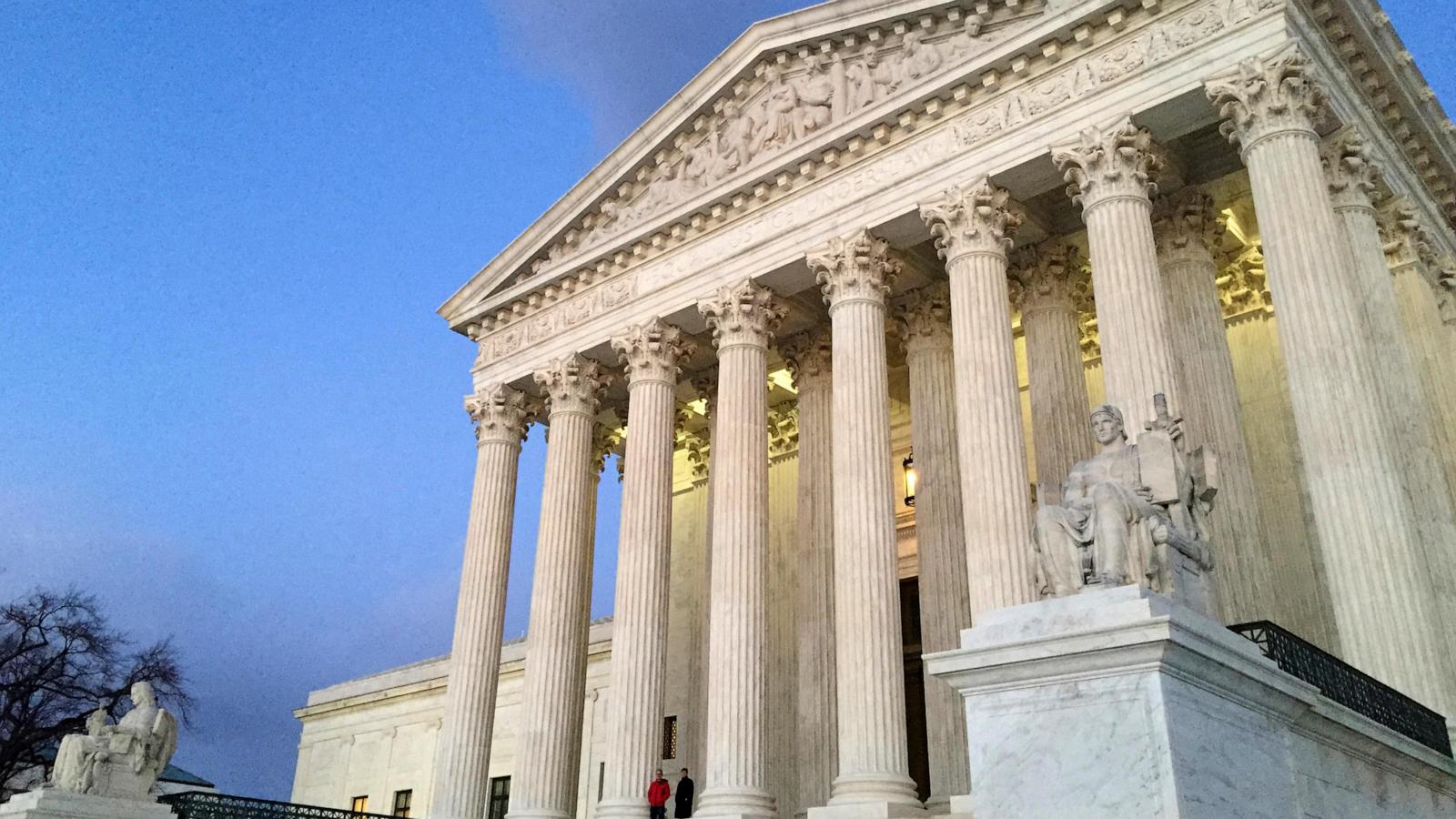The Supreme Court's Shock Decision: Millions of Small Businesses Face New Registration Mandate
In a stunning turn of events that has sent ripples throughout the business world, the Supreme Court has reinstated a controversial requirement forcing millions of small business owners to register with the Treasury Department. This decision, handed down just as the Biden administration was winding down, mandates that owners of an estimated 32.6 million small businesses must now submit personal details, including photo IDs and home addresses, to the Financial Crimes Enforcement Network (FinCEN). The move, part of the 2021 Corporate Transparency Act, aims to curb the illicit use of anonymous shell companies. But will this dramatic measure truly achieve its goals, or is it a heavy-handed approach that places unnecessary burdens on already struggling businesses?
Understanding the Corporate Transparency Act and its Implications
The Corporate Transparency Act, designed to fight money laundering and other financial crimes, was initially met with significant opposition. Republicans and business groups alike raised concerns over the Act's potential to intrude on the privacy of business owners and impose significant administrative burdens on small businesses. The Act mandates the disclosure of personal information – something many businesses deemed overly intrusive and potentially harmful.
Who is Affected?
The far-reaching impact of this ruling will affect a broad spectrum of small businesses across the country. From sole proprietorships to partnerships, those in various industries will find themselves navigating this new legal landscape. This affects the way these businesses interact with the financial system, opening up to increased scrutiny and compliance needs. The mandate's wide sweep means this ruling will cause many changes and may affect most businesses.
The Controversy and Legal Challenges
A Texas federal judge previously blocked the registration requirement, arguing that Congress lacked the constitutional authority to enact the corporate transparency law. This decision was put on hold while a panel from the 5th U.S. Circuit Court of Appeals prepared its decision. Now, with the Supreme Court's intervention, the registration requirement will be enforced while those lower court appeals continue. This means compliance is now legally mandated, while the legal challenges continue in lower courts.
The Supreme Court's Ruling: A Deep Dive
The Supreme Court's decision is a significant one. It could impact not just businesses that previously were noncompliant, but the whole small business sector of the American economy. While the court is likely aware that its choice would cause disruption in the economy and financial system, this Supreme Court intervention allows for the registration requirement’s enforcement as court cases wind through the legal system.
What the Ruling Means for Small Business Owners
The ruling puts small business owners in a tough situation. They face a choice of submitting personal data that many find invasive or facing possible legal ramifications. A critical question many small business owners are wrestling with is exactly what it implies. The added workload of compliance will also add to already substantial demands, further straining these essential players in our economy.
Will the Trump Administration Enforce the Requirement?
This leaves open a major question. The uncertainty extends to the Trump administration's commitment to fully enforcing the registration mandate. Republican opposition to the Act suggests a possible reluctance to devote considerable resources to its enforcement. Even the possibility that the mandate will not be diligently enforced presents a significant concern to small business owners, and this creates a difficult climate for those already complying with the mandate.
Navigating the New Reality: A Guide for Business Owners
In this uncertain climate, effective action is crucial. For millions of small business owners, the immediate priority is understanding the registration process and fulfilling their compliance obligations to avoid legal consequences. Yet, many still hold doubts, with some questioning whether the costs of compliance outweigh the benefits, others focusing on privacy concerns that outweigh security and legal aspects.
Steps to Take
Small business owners should start by familiarizing themselves with the details of the Corporate Transparency Act and FinCEN's registration procedures. Seeking legal guidance is strongly recommended to ensure proper compliance while maintaining business operations. This approach may lead to an adjustment to the costs involved, depending on how businesses operate in their sectors. Gathering and submitting the required data also requires taking proactive steps. Doing so effectively also means accounting for the legal challenges and uncertainties that the new reality poses.
Long-Term Implications
This is just the beginning. This landmark decision and what lies ahead will bring significant long-term implications for small businesses, financial institutions, and regulators alike. The act is designed to improve economic efficiency through a boost in regulatory compliance, but it will fundamentally reshape the small business sector, influencing financial transparency, access to financial services and regulatory burden on companies. Further legal challenges could emerge to further challenge the act.
Take Away Points
- The Supreme Court has reinstated the registration requirement of the Corporate Transparency Act, impacting millions of small businesses.
- Business owners must register personal information with FinCEN, including photo IDs and addresses.
- Significant opposition and legal challenges continue, particularly concerning congressional authority.
- The long-term implications and level of enforcement by the current administration remain unclear, demanding a watchful approach from small businesses across the country. The uncertainty over whether the mandate will even be diligently enforced poses additional concern for many.
- Immediate action is critical. Understand the act, the compliance procedures, and seek necessary legal support to ensure compliant practices.









